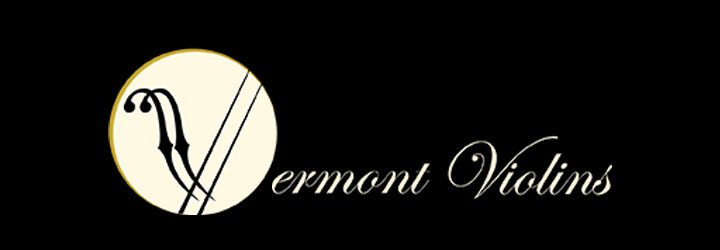Beginner's Guide to Choosing the Right Violin: Cost, Types, and Tips
The violin is a beautiful and versatile instrument that has been used for centuries. Whether you are a beginner or a seasoned player, choosing the right violin can be a daunting task. In this blog, we will answer some of the most commonly asked questions about the cost and types of violins, and provide tips on buying the best violin for beginners.
How much does a good violin cost?
The cost of a good violin can vary greatly depending on several factors, including the quality of materials used, the craftsmanship, and the brand. A beginner-level violin can cost anywhere from $200 to $1,000, while a professional-level violin can cost upwards of $10,000 or more. However, it's important to note that price does not always equate to quality. It's possible to find a good quality violin at an affordable price if you do your research.
Which violin is best for beginners?
For beginners, we recommend starting with a student-level violin. These violins are usually made with lower quality materials and may not have the same level of craftsmanship as a professional-level violin, but they are affordable and still provide good sound quality. Some popular brands for student violins include Yamaha, Eastman, and Stentor.
What are the 7 types of violins?
The violin family consists of six types of instruments, each with its unique characteristics and sound. These include:
Violin (also known as the "fiddle")
Viola
Cello
Double Bass
Baroque Violin
Electric Violin
While the first four are the most common and widely used, the Baroque violin, and electric violin, violin are gaining popularity in modern music.
How much does an average violin cost?
The average cost of a violin can vary depending on several factors, including the brand, quality, and age of the instrument. In general, a good quality beginner-level violin can cost between $200 and $1,000, while an intermediate-level violin can cost between $1,000 and $5,000. Conservatory or Professional-level violins are generally more.
Should I buy an expensive violin as a beginner?
Buying a violin begins by setting a budget. The better you play, generally, the higher your budget needs to be. You may enjoy an expensive instrument as a beginner, but beginners need to focus on developing good technique and sound production and will appreciate the benefits of a well constructed, nicely tuned beginner instrument while a more advanced player will need the more subtle tone characteristics of a more advanced instrument.
In conclusion, buying a violin can be a daunting task, but by doing your research and considering your needs and budget, you can find the right violin for you. Whether you're a beginner or a professional, there is a violin out there that will suit your needs and help you achieve your musical goals.
Tips for buying a violin
If you're in the market for a violin, there are several factors to consider before making your purchase. Here are some tips to help you choose the right violin for your needs:
Determine your budget - As we mentioned earlier, the price of violins can vary greatly. Determine how much you're willing to spend before you start shopping. Don’t forget, your budget must include a bow and case as well!
Consider your skill level - If you're a beginner, a student-level violin is probably the best option. If you're an intermediate or advanced player, you may want to consider a higher-quality instrument.
Try before you buy - It's important to play a violin before you purchase it to ensure that it feels comfortable and sounds good. If you're not sure what to look for, consider bringing a teacher or experienced player with you to help you assess the instrument. Many shops offer home-trials as well.
Check the quality - Look for well-made instruments with good craftsmanship and quality materials. Pay attention to details like the thickness of the wood and the quality of the strings.
Consider the brand - Some well-known brands in the violin world include Do some research on the brand before you make your purchase to ensure that they have a good reputation for quality. If nation-of-origin is important, consider a well made American brand, like V. Richelieu ™ or a fine European instrument.
Take care of your instrument - Once you've purchased your violin, it's important to take good care of it to ensure that it lasts for many years. Invest in a good case to protect your instrument when you're not playing it, and make sure to keep it clean and well-maintained.
By following these tips, you can find the right violin for your needs and enjoy making beautiful music for years to come.
Renting a violin can be a good option for beginners who are not ready to commit to purchasing an instrument yet. Rental programs often offer affordable rates and allow players to upgrade to a higher-quality instrument as they improve. And look for rental programs with good equity-accrual. However, if you plan to play for a long time or at a high level, it may be more cost-effective to purchase your own instrument. When purchasing a violin, it's important to consider your budget, skill level, and quality of the instrument. It's also recommended to try the instrument before purchasing it to ensure that it feels comfortable and sounds good. Ultimately, whether you choose to rent or purchase, the important thing is to find a violin that inspires you to play and improve your skills.

